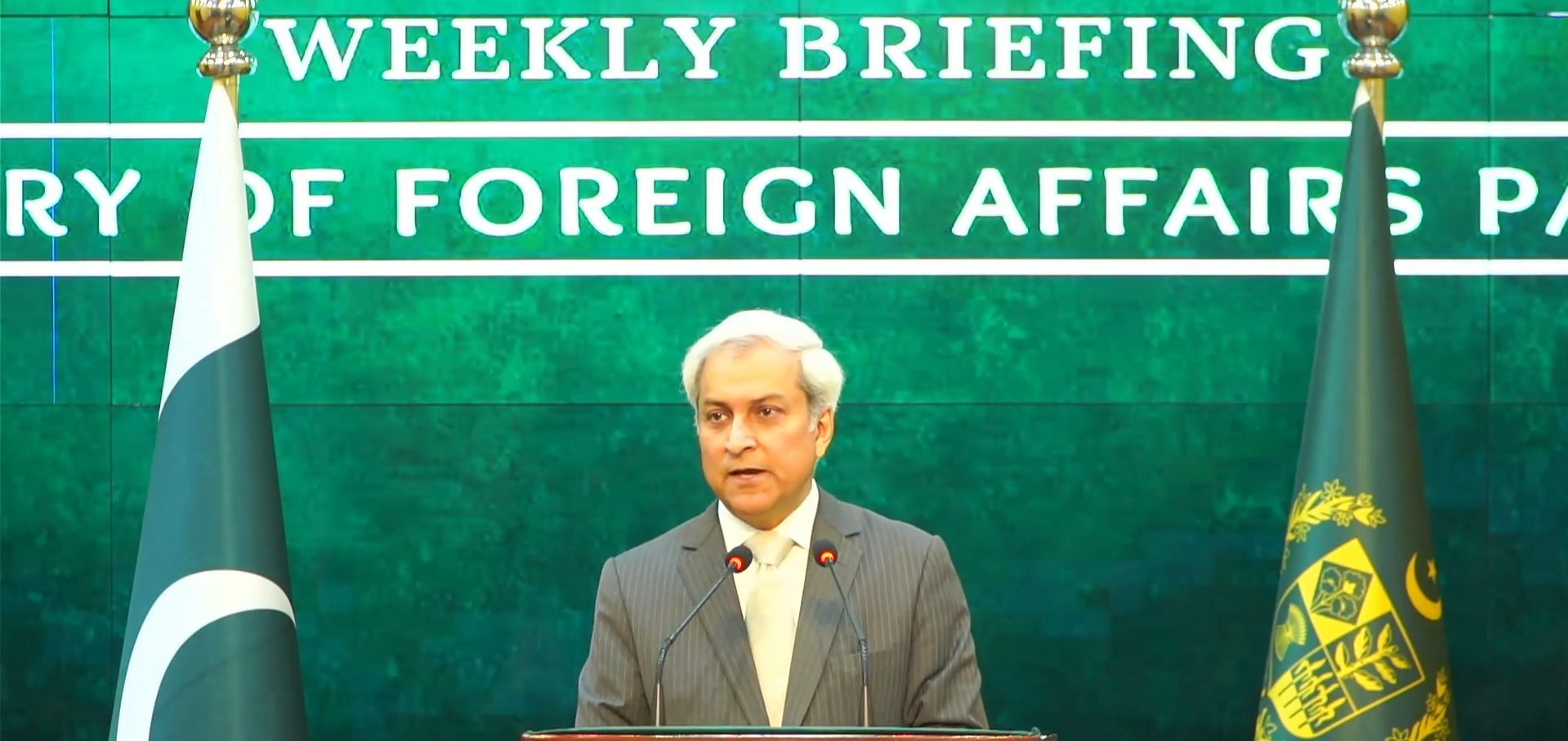ISLAMABAD: Minister of State for Climate Change Dr. Shezra Mansab Ali Khan has said Pakistan is facing a critical moment as climate vulnerability intensifies alongside rapid population growth, and urgent coordinated action is needed to secure the country’s future.
In an exclusive interview with Pakistan TV, Dr. Shezra Mansab Ali Khan stressed that population management and climate resilience must be addressed together, not as separate issues.
She warned that Pakistan’s population is expected to double by 2050, placing immense strain on natural resources, infrastructure, and sustainability.
“Religious leaders must play a role in awareness, and the government is actively promoting responsible population management,” she said, adding that “this is directly tied to our country’s resilience and long-term stability.”
The minister of state said the private sector is ready to contribute to national climate efforts, but the right frameworks must be created.
“We need integrated policies where the private sector and international partners can meaningfully participate. Pakistan cannot manage this alone,” she noted.
Dr. Shezra Mansab also highlighted serious disparities in global climate finance access.
Referring to the Loss and Damage Fund announced after the 2022 floods, she stated that despite commitments, no funds have yet been released to any affected country.
“We worked hard to establish that fund. Now, it must be operational. Countries like Pakistan, which have contributed the least to emissions, are suffering the most. This is a question of climate justice.”
Responding to claims of insufficient preparation at home, Dr. Shezra Mansab said Pakistan has a strong pipeline of climate adaptation and resilience projects ready to be funded. “The delay lies with international bureaucratic processes, not with Pakistan’s homework. Many Global South countries are facing the same challenges. We are raising our voice collectively.”
She added that while the Paris Agreement has increased awareness and progress, the global community must now shift from policy commitments to practical implementation.
On provincial coordination, she acknowledged improvements but noted more work is needed, citing recent flood impacts in several regions.
She praised Punjab’s climate initiatives under Chief Minister Maryam Nawaz, saying that other provinces are beginning to adopt similar practices.
“Our geography is extremely diverse—from glaciers to deserts—so solutions must be tailored at the provincial level,” she explained.
“The federal government will continue to provide policy direction, guidance, and support.”
Dr. Shezra Mansab Ali Khan concluded that Pakistan’s path forward must focus on responsible population planning, climate-smart development, stronger governance coordination, equitable access to global climate funds, and ensuring climate justice for vulnerable communities.




.jpg)